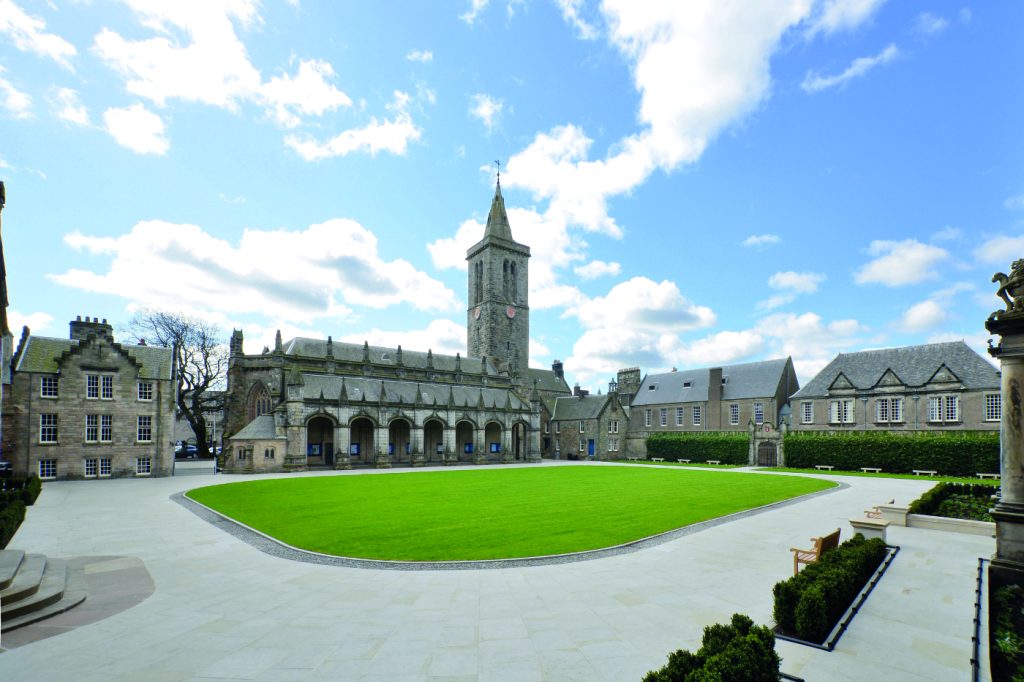The Furniture Recycling Group (TFR Group) has partnered with the world-renowned University of St Andrews to transform textile recycling processes in its student accommodation and introduce a circular economy system.
Since partnering with TFR Group, more than 2000 mattresses, duvets and pillows have been donated for recycling and reuse by the student body of the University of St Andrews’.
All of the university’s halls of residence converted their student games rooms into a donation point at the end of term and encouraged students to drop off their unwanted bedding to be reused.
This bedding was then recycled by TFR Group and passed to sister firm R&R Beds which uses the materials to make and fill new mattresses.
The latest statistics show that an average of 4.3 million mattresses and more than two thirds of textile waste, including bedding, are sent to landfill sites each year in the UK.
University of St Andrews environment officer, Barbara Aitken, commented: “Disposing of such large volumes of bedding was not previously possible through the university’s existing charitable partnerships. This meant 6.2 tonnes of material was sent to landfill, despite our students expressing a preference to donate the bedding to good causes.
“We began researching how the University could manage this waste stream in an environmentally friendly and economical way. It was as a result of this that the partnership with The Furniture Recycling Group was created.”
The project has given the University of St Andrews a unique chance to engage with its student body, by rewarding and encouraging positive environmental behaviour.
Aitken added: “With the support of TFR Group we are now steadily working towards our target of achieving zero waste to landfill by 2020. Finding a partner who could provide a sustainable solution for end-of-life bedding was very important to the University in order to achieve its goal.”


